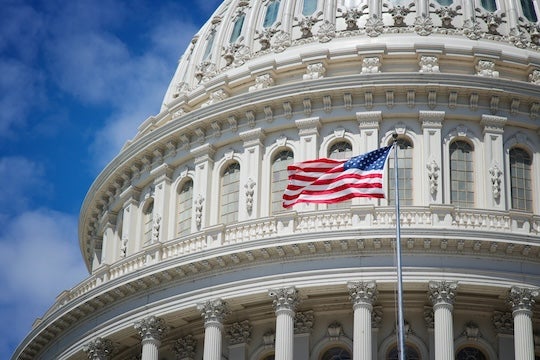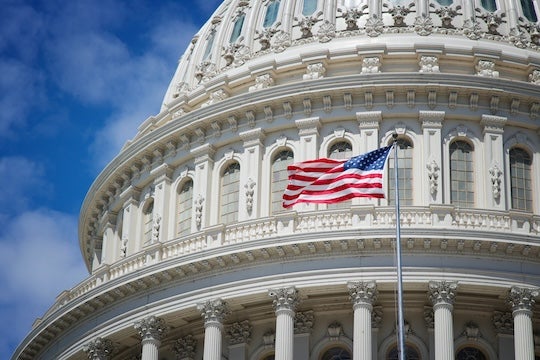Nonpartisan data and insights on the top issues of the upcoming election such as U.S. fiscal, science and technology, energy transition and school choice policy are available in Election 2024: Policy Playbook, a series of policy briefs presented jointly by Rice University and the Baker Institute for Public Policy. The series offers critical context, analysis and recommendations to equip policy leaders governing the U.S. and Texas in 2025.
The Policy Playbook will series continually produces briefs until the Nov. 5 election and cover topics in eight categories: economy and jobs; science, tech and innovation; energy and sustainability; strong and resilient communities; health and education; borders and immigration; security and diplomacy; and Texas, the second-largest state economy in the country and eighth-largest economy among world nations.

Fiscal Policy
U.S. national debt surged from $10 trillion to over $35 trillion since 2000, with projected deficits reaching $1.8 trillion in 2024, according to John Diamond, director of the Baker Institute’s Center for Public Finance. Rising expenditures, particularly from Social Security and government healthcare due to an aging population, are driving the deficit. Despite projected revenue increases, spending will outpace growth, leading to larger deficits. Policymakers face the critical task of ensuring long-term fiscal sustainability to avoid imposing burdens on future generations from rising interest payments. In his article, Bring Fiscal Policy Under Control, Diamond argues that a more strategic approach to fiscal policies is necessary to manage short-term economic challenges, with a primary focus on stabilizing the long-term budget outlook, he said.
Science and Technology Policy
The U.S. is at risk of losing its leadership in global science, technology, engineering and mathematics (STEM), according to Neal Lane, senior fellow in science and technology policy, and Ramesh Ramamoorthy, executive vice president for research at Rice. They argue that U.S. public investments in science have historically driven economic growth and improved quality of life. Yet, the U.S. is increasingly losing ground to other nations, particularly China. Concerns include inadequate pre-K–12 education for a diverse STEM workforce, a shortage of women and minorities in science, and the need for a coordinated national strategy for research priorities. To maintain its innovative edge, the incoming administration must prioritize federal investment in scientific initiatives and unite the nation around this goal, they argue in their brief titled Restore America’s Leadership in Science and Technology.
Oil Policy
While there are long-term goals to reduce dependence on oil and emissions, oil is likely to remain the primary fuel source for the U.S. economy for the foreseeable future, influencing economic and geopolitical dynamics through price movements in crude oil and gasoline, argues Mark Finley, fellow in energy and global oil. Oil accounts for 38% of U.S. energy consumption and is projected to maintain its leading role in the energy mix. The U.S. remains closely tied to global oil markets, affecting its vulnerability to international developments, as well. Finley argues in his brief, Oil Will Remain Central in Any Energy Transition Scenario, that policymakers should be cautious in managing oil price volatility, as market signals effectively balance supply and demand. New energy policies should acknowledge the ongoing significance of oil and the efficiency of the global oil market, ensuring secure and affordable oil access during efforts to reduce long-term dependence, he said.
Education Policy
The upcoming legislative session in Texas may lead to significant shifts in the state’s education policy, argues Christopher Kulesza, scholar in child health policy. Although a proposal that included an education savings account (ESA) plan endorsed by Texas Gov. Greg Abbott was defeated during a special legislative session, Abbott invested $6 million to defeat Republican House members who opposed the plan. Abbott’s campaign against these House members largely succeeded with the defeat of 11 of the 15 targeted legislators, likely resulting in a majority that favors school choice in the 89th legislative session, Kulesza said. If ESAs pass, the legislature must balance supporting education savings accounts (ESAs) with maintaining strong public education, he argues in the brief How to Design a Fiscally Responsible School Choice Program in Texas.

